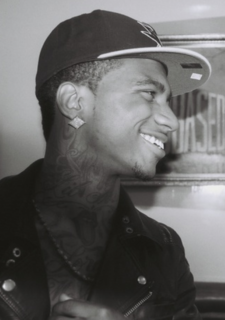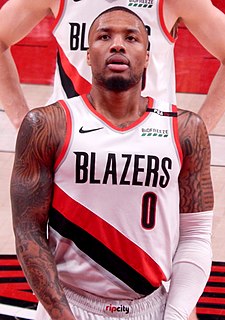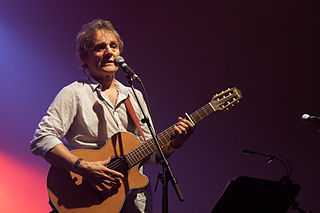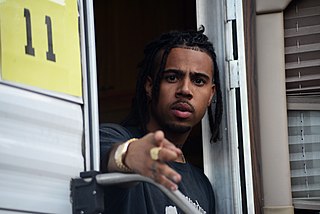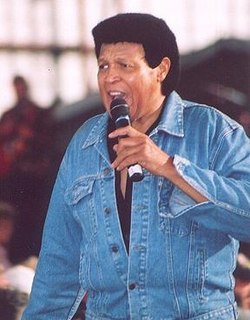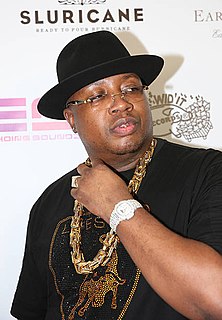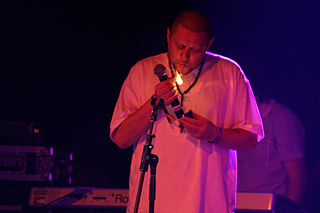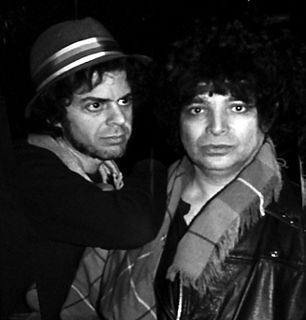A Quote by Lil B
I have a song that's called 'Rap Dreams, Hoop Dreams'. Besides education, everybody's got hoop dreams from day one in rap. Rap, sports, music have so much of an impact on the world.
Related Quotes
I feel like when it comes to rap - like, real rap music - and knowing the pioneers of rap, I feel like there's no competition for me in the NBA. Other guys can rap, but they're not as invested or as deep into actual music as I am and always have been. I think that might be what the difference is. I'm more wanting to be an artist.
Rap has so many possibilities that need to be explored. There are different factions of rap, but some are in a rut. Rap doesn't have to be about boosting egos and grabbing your crotch and dissing women. There's a way to make political and social issues interesting and entertaining to the young rap audience.
None of our films look alike, we are very dialectical in our approach to each one, and 'Hoop Dreams' was no exception. That's what I love about documentary filmmaking, we never know where the story is going, we don't know what is going to happen next, and we're inside a culture of people that you have to figure out in many ways. It's a relationship between what you thought might have been the story, and what happens in the 'field.' Out of that comes the story, which was exactly what happened with 'Hoop Dreams.'
'Hoop Dreams' brought us back to our roots in veríté filmmaking. What we saw in the powerful emotional scenes within it - at nearly three hours long and with no star power - was an outreach to a different and more important audiences. There were the similarly involved folks who saw it that were part of the struggle, but there was also a new audience that weren't empathetic or sympathetic to the people we were portraying. They would never watch a film about inner city families, but they watched 'Hoop Dreams.'
